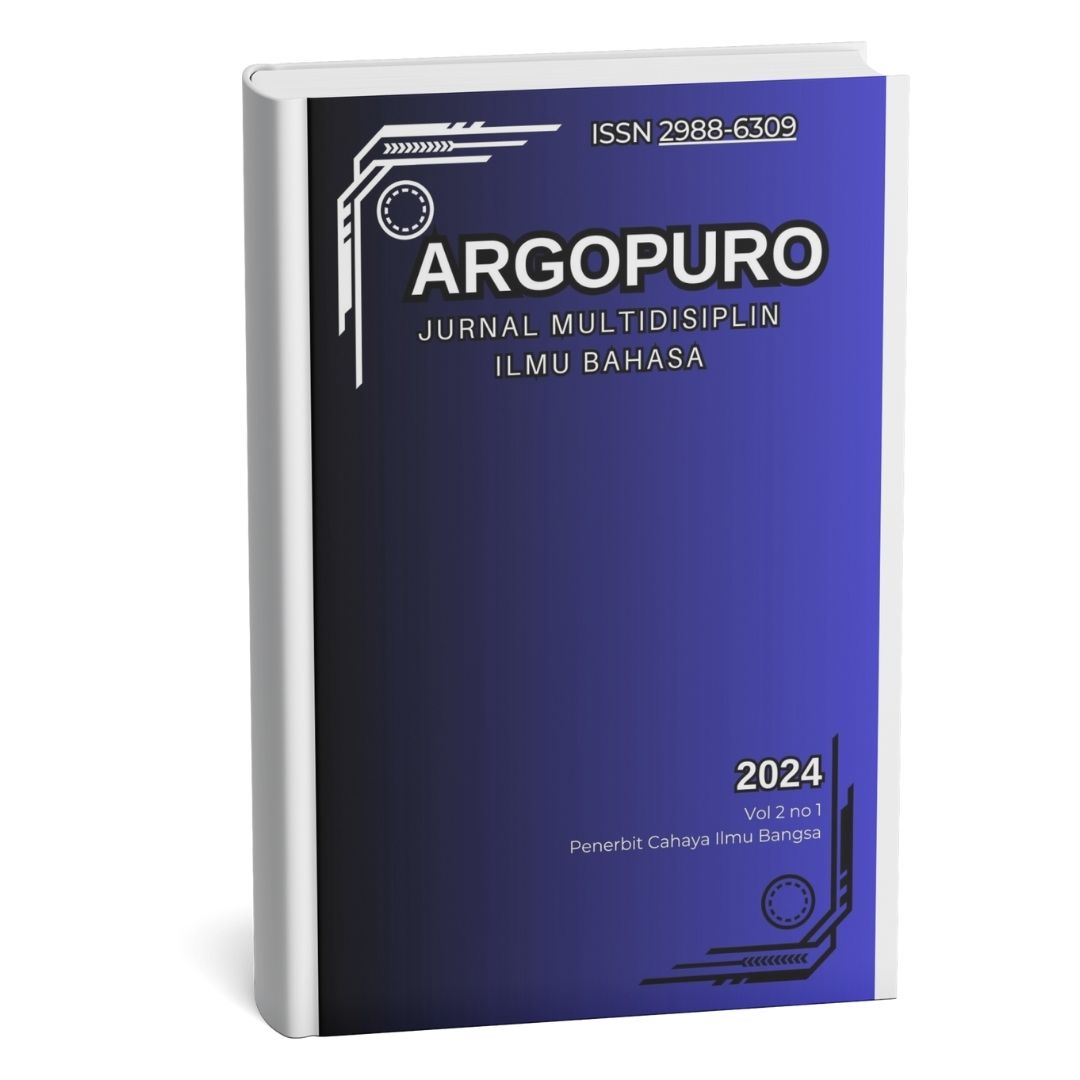THE EFFECTIVENESS OF GRAMMARLY IN GRAMMATICAL MASTERY IN SECOND SEMESTER OF ENGLISH EDUCATION DEPARTMENT AT UNIVERSITAS BHINNEKA PGRI
Main Article Content
Abstract
This research investigates the effectiveness of Grammarly on grammatical mastery in second-semester students of the English Education Department at Universitas Bhinneka PGRI. The background of the research is based on the frequent grammatical errors found in students’ writing despite formal grammar learning. Grammarly, as an Automated Writing Evaluation (AWE) tool, is expected to support grammar learning through its real-time feedback and correction features. This research used a quantitative approach with a pre-experimental method using a one-group pre-test–post-test design. The sample consisted of 25 second-semester students selected through total sampling. Data were collected using grammar tests adapted from Model Test: Written Expression in the TOEFL Exercise Book. The data were analyzed using IBM SPSS Statistics version 23. The results of the validity and reliability tests showed that the instrument was both valid and reliable. The normality test indicated that the data were distributed normally, thus the Paired Samples T-Test was used for hypothesis testing. The findings showed that the mean score improved from 5.25 (pre-test) to 16.18 (post-test). The hypothesis testing result indicated a significance value of 0.000 (p < 0.05), which led to the rejection of the null hypothesis. This demonstrates that Grammarly had a statistically significant effect on students’ grammatical mastery. The findings are supported by a theory from Ellis (2006), which emphasizes the role of explicit feedback in second language acquisition.
